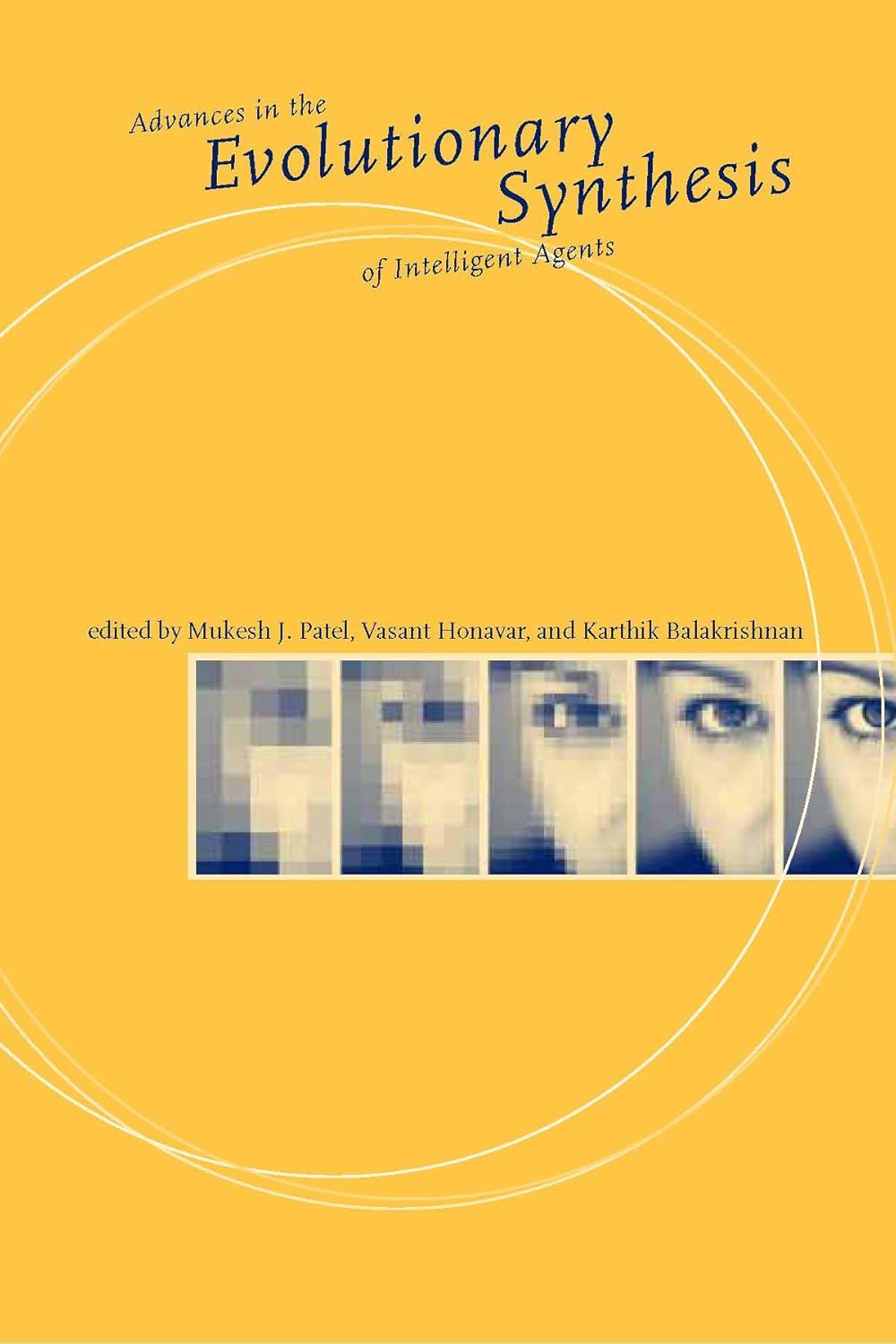ADVANCES IN THE EVOLUTIONARY SYNTHESIS OF INTELLIGENT AGENTS
ADVANCES IN THE EVOLUTIONARY SYNTHESIS OF INTELLIGENT AGENTS
Couldn't load pickup availability
Among the first uses of the computer was the development of programs to model perception, reasoning, learning, and evolution. Further developments resulted in computers and programs that exhibit aspects of intelligent behavior. The field of artificial intelligence is based on the premise that thought processes can be computationally modeled. Computational molecular biology brought a similar approach to the study of living systems. In both cases, hypotheses concerning the structure, function, and evolution of cognitive systems (natural as well as synthetic) take the form of computer programs that store, organize, manipulate, and use information.
Systems whose information processing structures are fully programmed are difficult to design for all but the simplest applications. Real-world environments call for systems that are able to modify their behavior by changing their information processing structures. Cognitive and information structures and processes, embodied in living systems, display many effective designs for biological intelligent agents. They are also a source of ideas for designing artificial intelligent agents. This book explores a central issue in artificial intelligence, cognitive science, and artificial life: how to design information structures and processes that create and adapt intelligent agents through evolution and learning.
Share

